Microsoft wants to make Azure your AI destination
Developers get more tools to build AI in the cloud and at the edge, plus Microsoft 365 customisation


Microsoft yesterday set out to open up its cloud platform to developers hoping to build AI applications, revealing a host of machine learning initiatives at its annual Build conference.
Redmond wants its Azure cloud to be the backbone of developers' AI innovations, with CEO Satya Nadella saying:"The era of the intelligent cloud and intelligent edge is upon us. These advancements create incredible developer opportunity and also come with a responsibility to ensure the technology we build is trusted and benefits all."
Project Kinect for Azure,is a package of sensors, including its next-generation depth camera, with onboard compute designed to allow local devices to benefit from AI capabilities.
Meanwhile, Microsoft's Speech Devices SDK aims to enable developers to build a variety of voice-enabled scenarios like drive-through ordering systems, in-car or in-home assistants, smart speakers, and other digital assistants.
The tech giant also previewed its Project Brainwave, an architecture fordeep neural net processingthat Nadella said "will make Azure the fastest cloud for AI". This is now available on Azure and for edge computing, and is fully integrated with Azure Machine Learning with support for Intel FPGA hardware and ResNet50-based neural networks.
The firm is also open sourcing the Azure IoT Edge Runtime, allowing customers to modify, debug and have more transparency and control over edge applications.
Azure IoT Edge also runs Custom Vision technology, a new service that Microsoft says enables devices such as drones and industrial equipment to work without cloud connectivity. This is the first Azure Cognitive Service to support edge deployment, with more coming to Azure IoT Edge over the next several months, according to the vendor.
Get the ITPro daily newsletter
Sign up today and you will receive a free copy of our Future Focus 2025 report - the leading guidance on AI, cybersecurity and other IT challenges as per 700+ senior executives
"With over 30 cognitive APIs we enable scenarios such as text to speech, speech to text, and speech recognition, and our Cognitive Services are the only AI services that let you custom-train these AI capabilities across all your scenarios," said Nadella.
Also announced was a new SDK for Windows 10 PCs in partnership with drone company DJI. Using Azure cloud, the SDK brings real-time data transfer capabilities to nearly 700 million Windows 10 devices. As part of the commercial partnership, DJI and Microsoft will co-develop tools leveraging Azure IoT Edge and Microsoft's AI services to make drones available for agriculture, construction, public safety and other verticals.
Nadella also announced the company's new AI for Accessibility, a $25 million, five-year programme aimed at using AI to help more than one billion people around the world who have disabilities.
The programme consists of grants, technology investments and expertise, and will also incorporate AI for Accessibility innovations into Microsoft Cloud services. Microsoft said that the initiative is similar to its previous AI for Earth scheme.
Intelligent apps
Microsoft also handed developers the ability to introduce more customisation forMicrosoft 365 applications, so organisations can tailor them to their needs.
Developers whose businesses use the Microsoft 365 bundle of Office 365, Windows 10 and Enterprise Mobility and Security can now benefit from wider integrations in collaboration app Microsoft Teams, and even publish custom apps on the Teams app store.
There is also deeper SharePoint integration within Microsoft Teams to enable people to pin a SharePoint page directly into channels to promote deeper collaboration. Developers can use modern script-based frameworks like React within their projects to add more pieces that can be organised within SharePoint pages.
The vendor also revealed new Azure Machine Learning and JavaScript custom functions that let developers and organisations create their own additions to the Excel catalogue of formulas.
Picture: Satya Nadella/Credit: Microsoft Press Centre
Rene Millman is a freelance writer and broadcaster who covers cybersecurity, AI, IoT, and the cloud. He also works as a contributing analyst at GigaOm and has previously worked as an analyst for Gartner covering the infrastructure market. He has made numerous television appearances to give his views and expertise on technology trends and companies that affect and shape our lives. You can follow Rene Millman on Twitter.
-
 Bigger salaries, more burnout: Is the CISO role in crisis?
Bigger salaries, more burnout: Is the CISO role in crisis?In-depth CISOs are more stressed than ever before – but why is this and what can be done?
By Kate O'Flaherty Published
-
 Cheap cyber crime kits can be bought on the dark web for less than $25
Cheap cyber crime kits can be bought on the dark web for less than $25News Research from NordVPN shows phishing kits are now widely available on the dark web and via messaging apps like Telegram, and are often selling for less than $25.
By Emma Woollacott Published
-
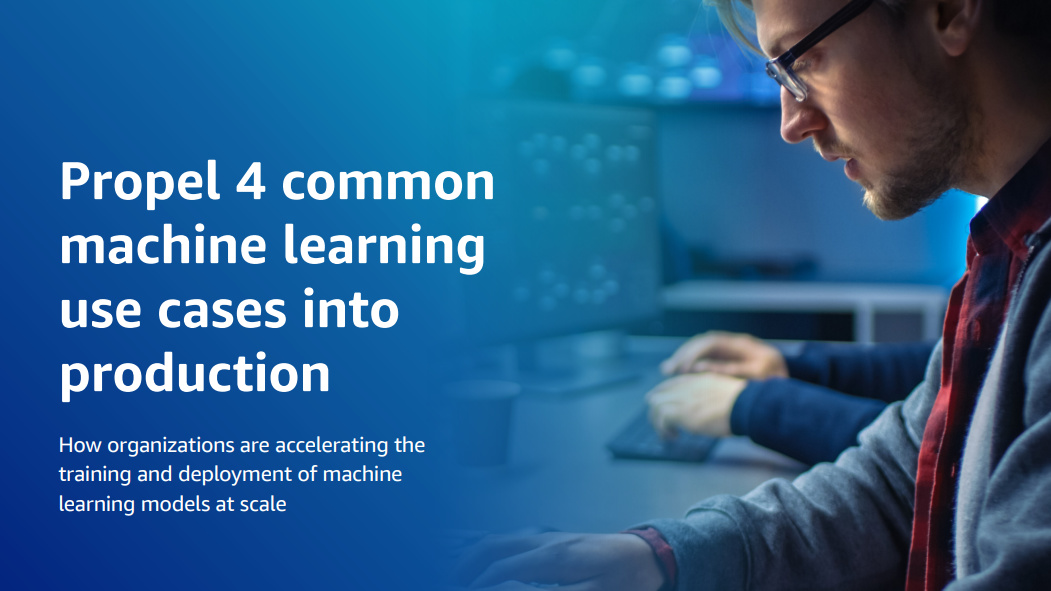 Propel four common machine learning use cases into production
Propel four common machine learning use cases into productionWhitepaper How organizations are accelerating the training and deployment of machine learning models at scale
By ITPro Published
-
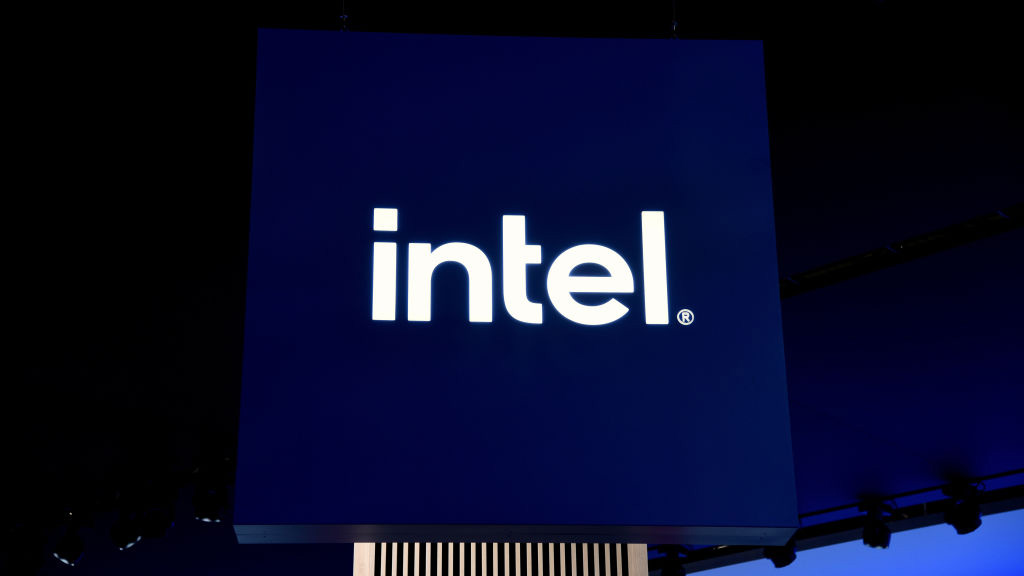 Intel targets AI hardware dominance by 2025
Intel targets AI hardware dominance by 2025News The chip giant's diverse range of CPUs, GPUs, and AI accelerators complement its commitment to an open AI ecosystem
By Rory Bathgate Published
-
 Calls for AI models to be stored on Bitcoin gain traction
Calls for AI models to be stored on Bitcoin gain tractionNews AI model leakers are making moves to keep Meta's powerful large language model free, forever
By Rory Bathgate Published
-
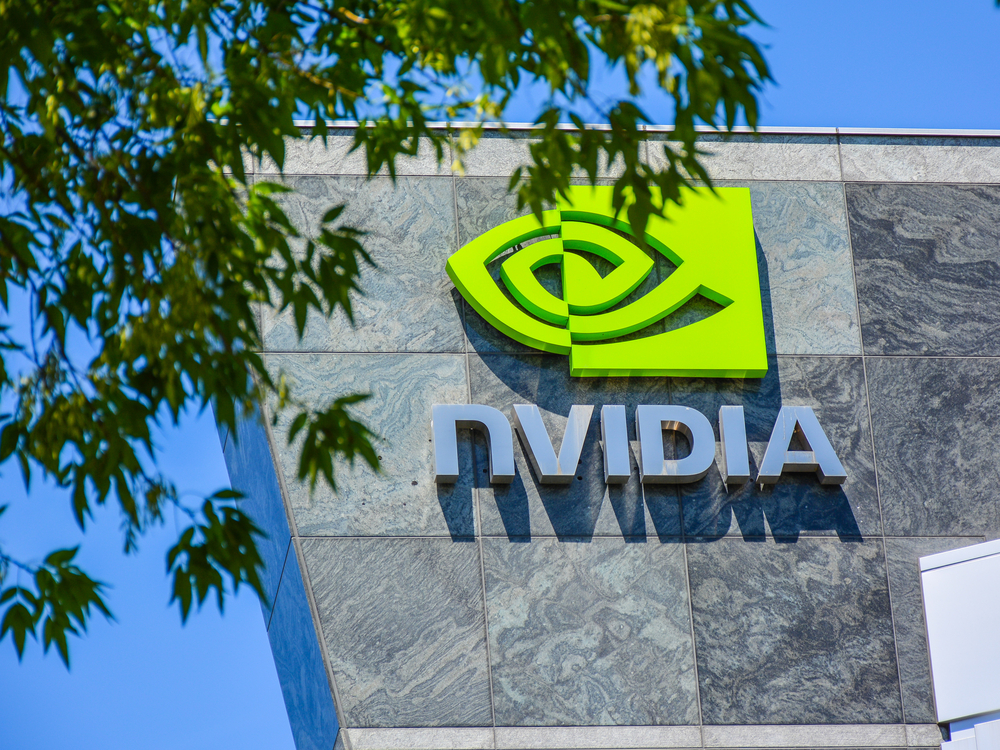 Why is big tech racing to partner with Nvidia for AI?
Why is big tech racing to partner with Nvidia for AI?Analysis The firm has cemented a place for itself in the AI economy with a wide range of partner announcements including Adobe and AWS
By Rory Bathgate Published
-
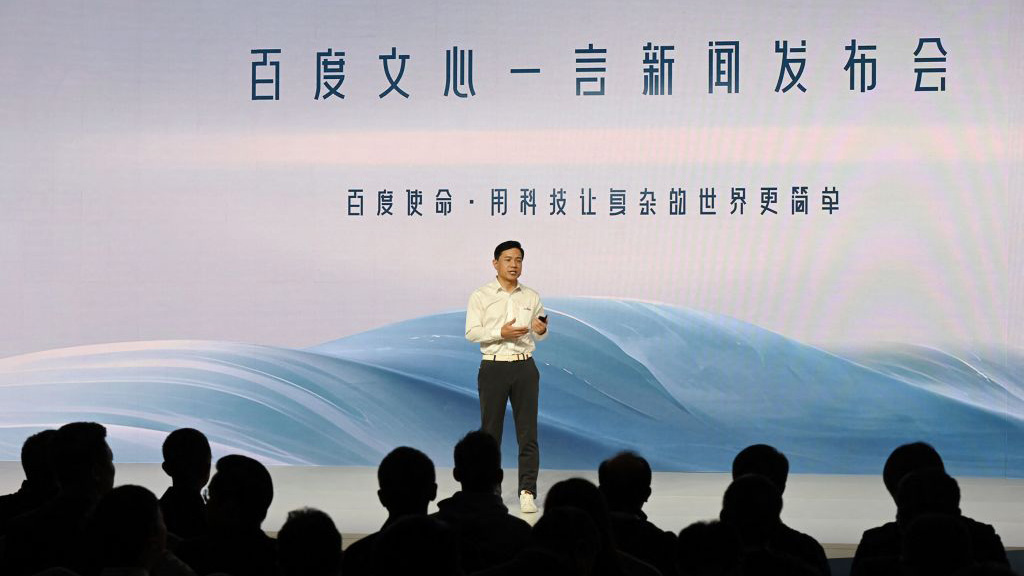 Baidu unveils 'Ernie' AI, but can it compete with Western AI rivals?
Baidu unveils 'Ernie' AI, but can it compete with Western AI rivals?News Technical shortcomings failed to persuade investors, but the company's local dominance could carry it through the AI race
By Rory Bathgate Published
-
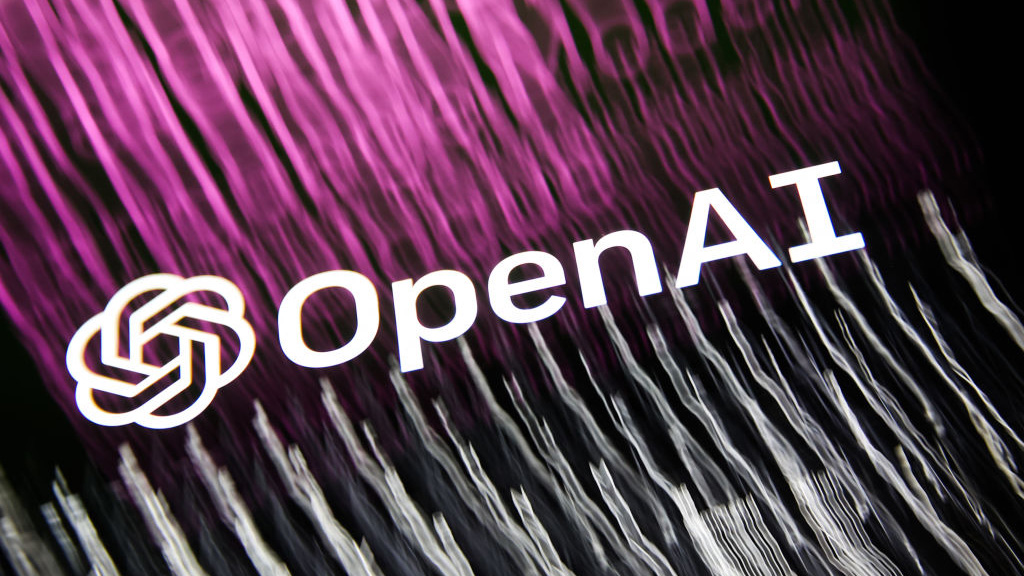 OpenAI announces multimodal GPT-4 promising “human-level performance”
OpenAI announces multimodal GPT-4 promising “human-level performance”News GPT-4 can process 24 languages better than competing LLMs can English, including GPT-3.5
By Rory Bathgate Published
-
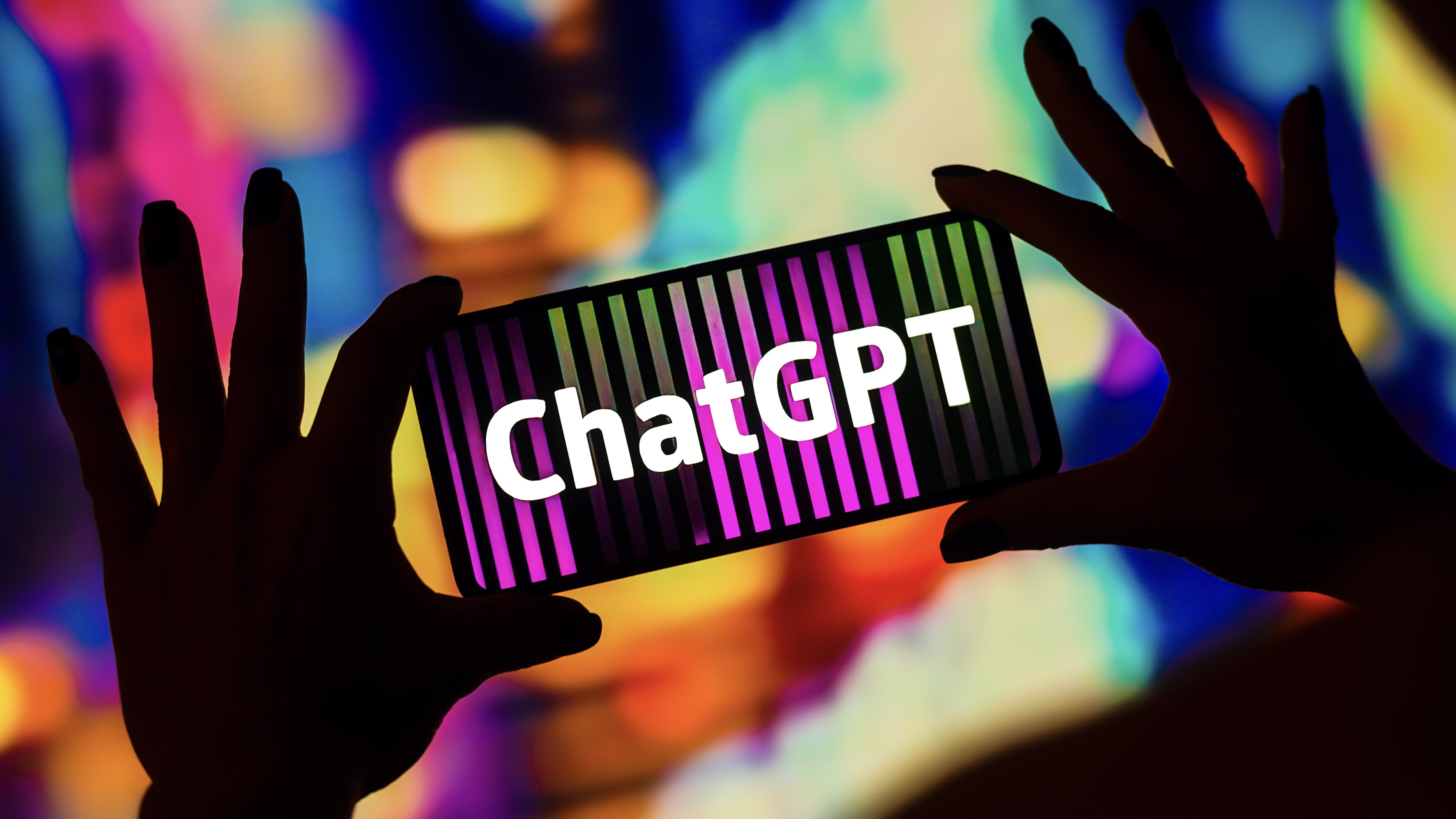 ChatGPT vs chatbots: What’s the difference?
ChatGPT vs chatbots: What’s the difference?In-depth With ChatGPT making waves, businesses might question whether the technology is more sophisticated than existing chatbots and what difference it'll make to customer experience
By John Loeppky Published
-
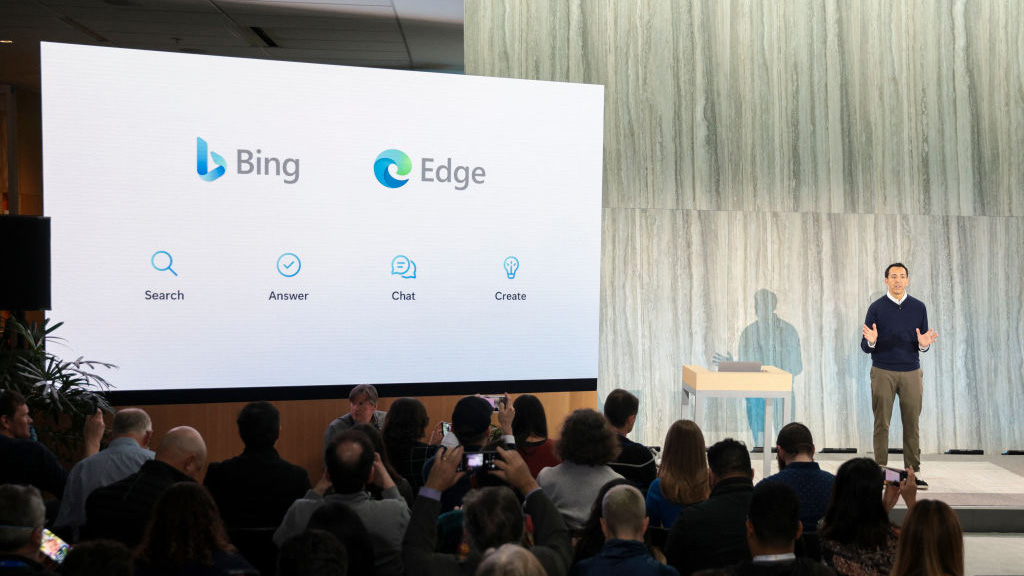 Bing exceeds 100m daily users in AI-driven surge
Bing exceeds 100m daily users in AI-driven surgeNews A third of daily users are new to the past month, with Bing Chat interactions driving large chunks of traffic for Microsoft's long-overlooked search engine
By Rory Bathgate Published